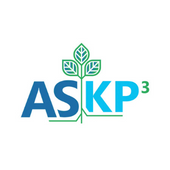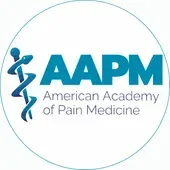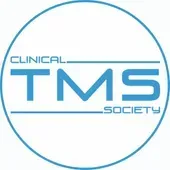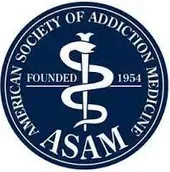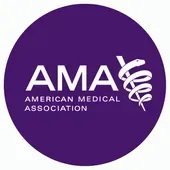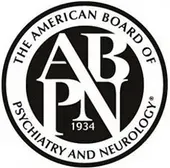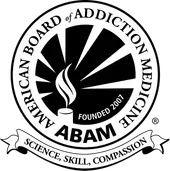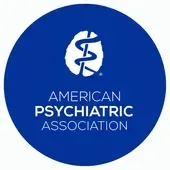Mood disorders, depending on their severity, can range from being slightly bothersome to completely debilitating. Mood disorders brought about by or in conjunction with substance abuse can be even more challenging. Several factors play a role in the type of mood disorder a person may develop and how intense the symptoms associated with it will become. These factors include age, gender, family history of mental illness, and environment.
While there are a variety of mood disorders, they can all add stress and uncertainty to your life. Wave Treatment Centers in Chestnut Hill, PA offers a variety of treatments and therapies to help you address and manage your mood disorder. Talk to Dr. Jonathan Beatty and the team today about the treatment plan that's right for you.
"We distinguish ourselves from most other practices with the highly specialized treatment options that we offer to treat mood disorders and co-occurring substance use disorders."
Start your Healing Journey
A healthier, happier life starts here — talk to our caring staff today.
Website Form Submission
Mood Disorders Treatment FAQ
Frequently Asked Questions
First visit went well, Dr. Beatty was easy to speak with and listens well.
Brent E.





